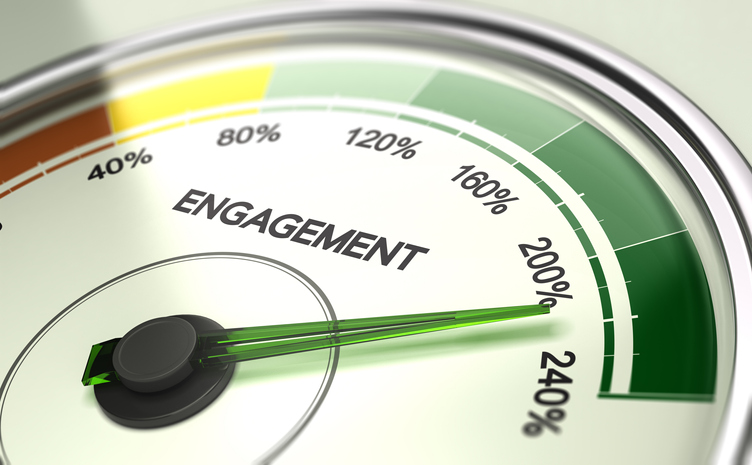The news can be full of stories about unexpected or bad things like natural disasters, disease threats, bombings, kidnappings and war. The scary thing is that it may seem like these things are happening all around you, even in places where you feel secure – like your university campus, shopping centres and at home. Seeing these things on TV or even experiencing them firsthand can cause you to feel uncertain, worried or scared. These feelings may last even after the event is over.
Here are some tips to understanding the news and what you see and hear:
- The news doesn’t talk about everyday activities. Instead, the news talks about things that are out of the ordinary – both good and bad. Sometimes it seems like the news captures more of the bad stuff – things like tragedies and crime. For example, if a plane crashes, it will get a lot of attention in the news – so much so, that you may think planes crash all the time. In fact, thousands of planes take off and land safely each day – the news just doesn’t talk about those.
- Sometimes you see stories over and over about tragic events like bombings, or disasters such as floods or earthquakes. This doesn’t mean these things are happening all the time – it just means that the news is talking about it again. The news will cover something when it first happens and then repeat the story. You may see it on the news in the morning and then again at night. After the first day, the news may do what is called a follow-up story to tell you what happened after the event. Therefore, you may hear about the same thing for a few days, even though it only happened once.
- Bad things in the news can alert you to what is going on around you. For example, a news story could tell you about someone in your community who is breaking into homes. While this may scare you, just remember that even though it’s on the news, that doesn’t mean it will happen to you. Stories like this can help make you aware of your surroundings and of things you can do to protect yourself (like locking your doors).
- Disasters or tragic events can bring out the best in people. Firefighters and police officers are doing their jobs (like saving people), and volunteers and everyday citizens also are there to help. You will see people in your community volunteering to bring food and clothing to help those who are affected, families coming together to help each other out and shelters being put into place to give people a place to stay. You can get involved too!
It is normal to be concerned about what you hear in the news. However, it is important to know that while things may seem uncertain for a while, your life usually will return to normal fairly soon.
Weave your own safety net.
Following these tips can help you get on with your day-to-day life, even during stressful times:
- Talk to your friends and family and spend time with them. If you find yourself feeling unsafe, uncertain, worried or scared, or if you don’t understand what is going on around you, talk to your family, university professors, colleagues or a counsellor. Your loved ones or others can help explain these events so you can understand things better. By talking with your friends and your family, you can share your feelings and know you are not alone. Plus, spending time with them may help you feel more safe and secure.
- Help out others. Sometimes when you are concerned about what is going on around you, it is helpful to give others support. You can help by raising money, donating clothes, or organising an event like a food drive to collect food or supplies for an organisation that helps people affected by war, terrorism or natural disasters. Even if you and your family are the ones who are affected by a disaster, helping others can help you deal with your own stress – it may make you feel a little more in control.
- Write down your feelings. Writing your feelings down – in a diary, a journal or even on a piece of scrap paper – is a great way to get things off of your chest. You can write down how you feel, what’s going on in your life or anything else!
- Stick to your normal routine. There is comfort in the little things you do every day – so keep on doing them! Take care of yourself. Get lots of sleep, eat well and be physically active.
- Take a break from the TV news. Watch a funny film, get together with friends, or read a funny book or magazine. Too much information about disasters can get you down, so try a change of pace. Did you know that smiling has been proven to improve your mood? You could try watching some cartoons or reading a joke book. That can help you feel like new and take your mind off things for a while.
Sometimes things happen that you just can’t anticipate. However, a few things (like cyclones or tropical storms, floods or fires) occur in certain areas of the world during certain seasons. If you live in areas where weather tends to come in cycles, you can take a few steps to help prepare in case of an emergency. Being prepared can help you feel like you have more control in an emergency and help you feel less stressed:
- Make a plan. Talk to others about being prepared. Just as families or officials should have a plan to get out of the house or buildings in case of a fire, you can make a plan in case bad weather strikes. Choose a place to go, who you would call or what you would do. Make sure to talk about what you should do if you are at school or at work.
- Have an emergency supply kit. During or after a storm, you may be without power for a few days, or you may not be able to leave your home. Work to put together a supply kit for such emergencies. Some things to have on hand include water and non-perishable foods such as crackers, peanut butter and tinned food (soup, fruit, veggies, etc.). Make sure to have a battery-powered radio, torches and extra batteries on hand. A first-aid kit, facial tissue and toilet paper are good things to consider packing. Lanterns (lamp oil) or candles for light are good things to have, too. Also, don’t forget about your family pet. Pack extra water and food for your four-legged friends.
- Put together an activity survival kit. Having some favourite books on hand will keep you interested and help pass the time. While you may not want to live without power forever, being without it for a few days may be fun – it could give you an idea of what life was like before electricity!



































